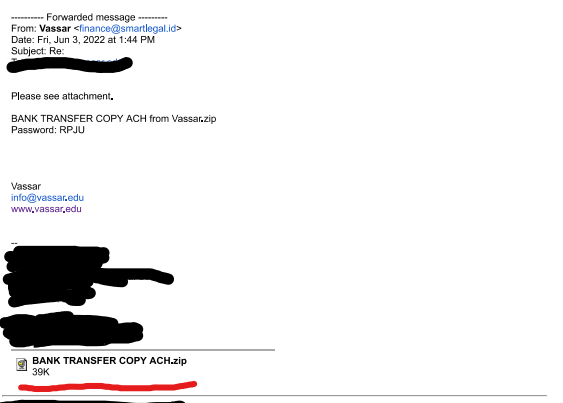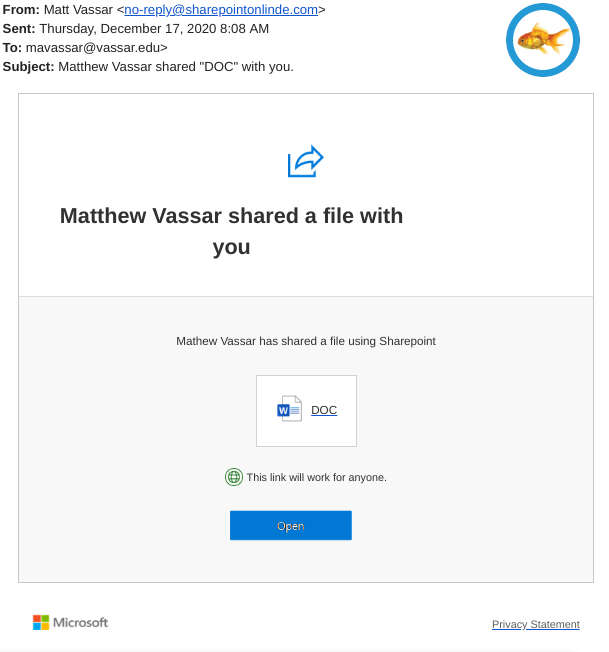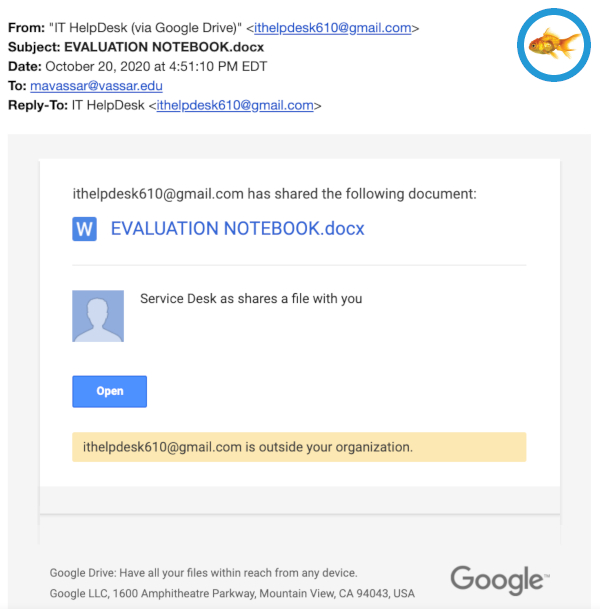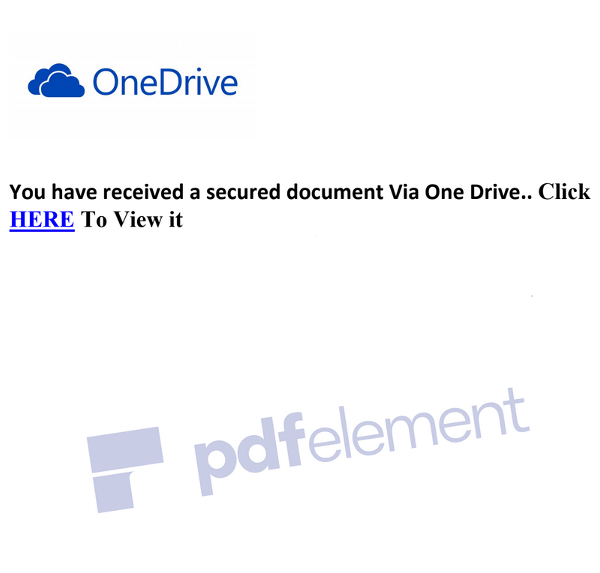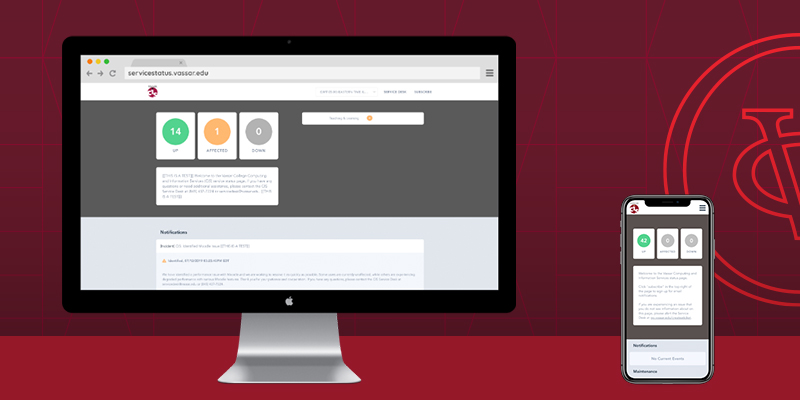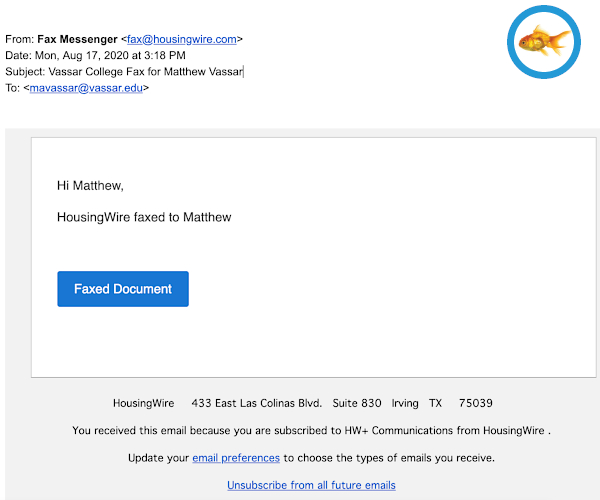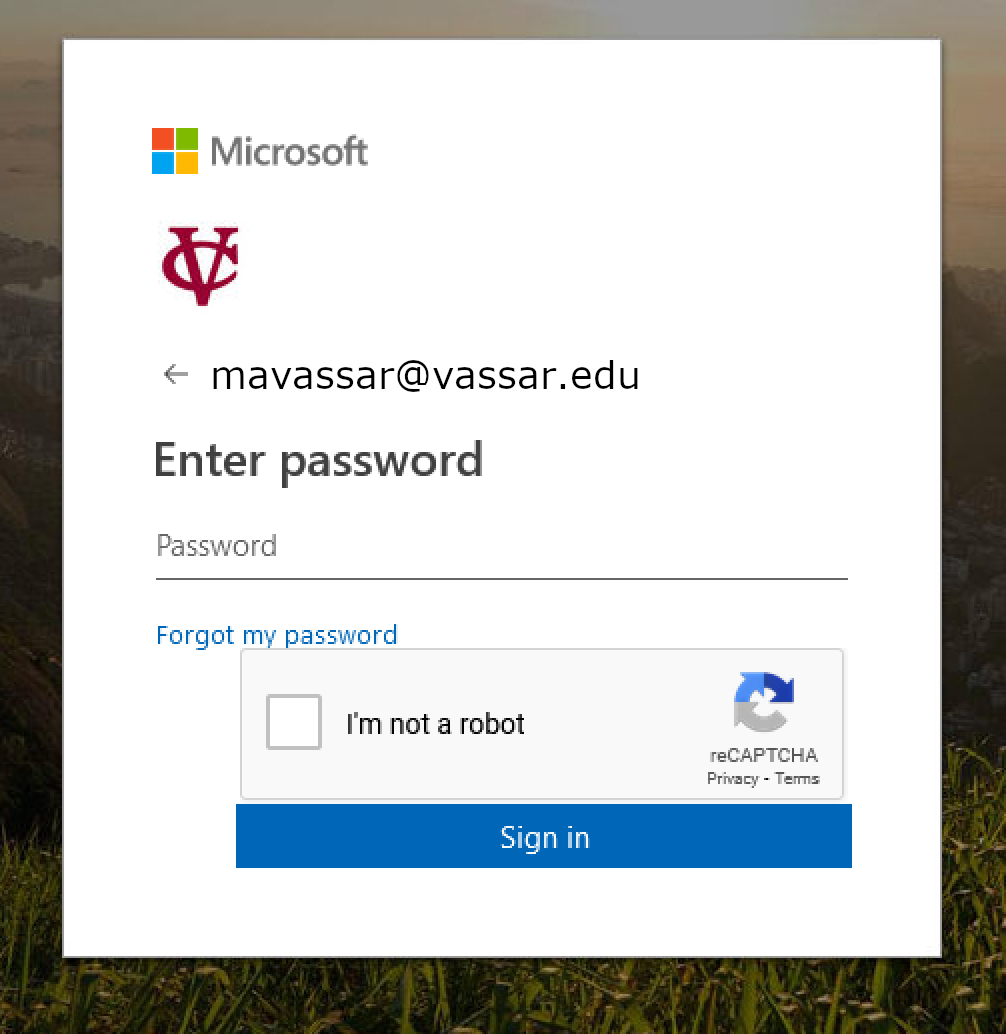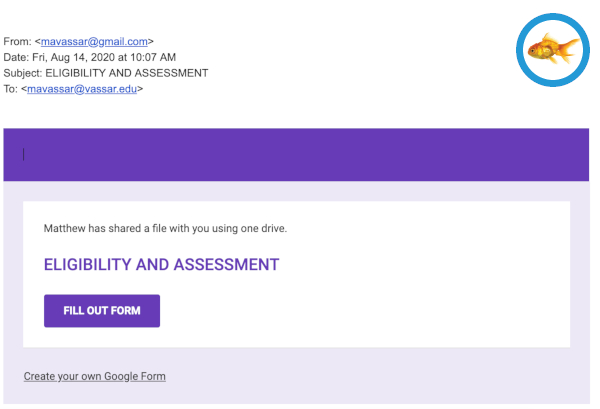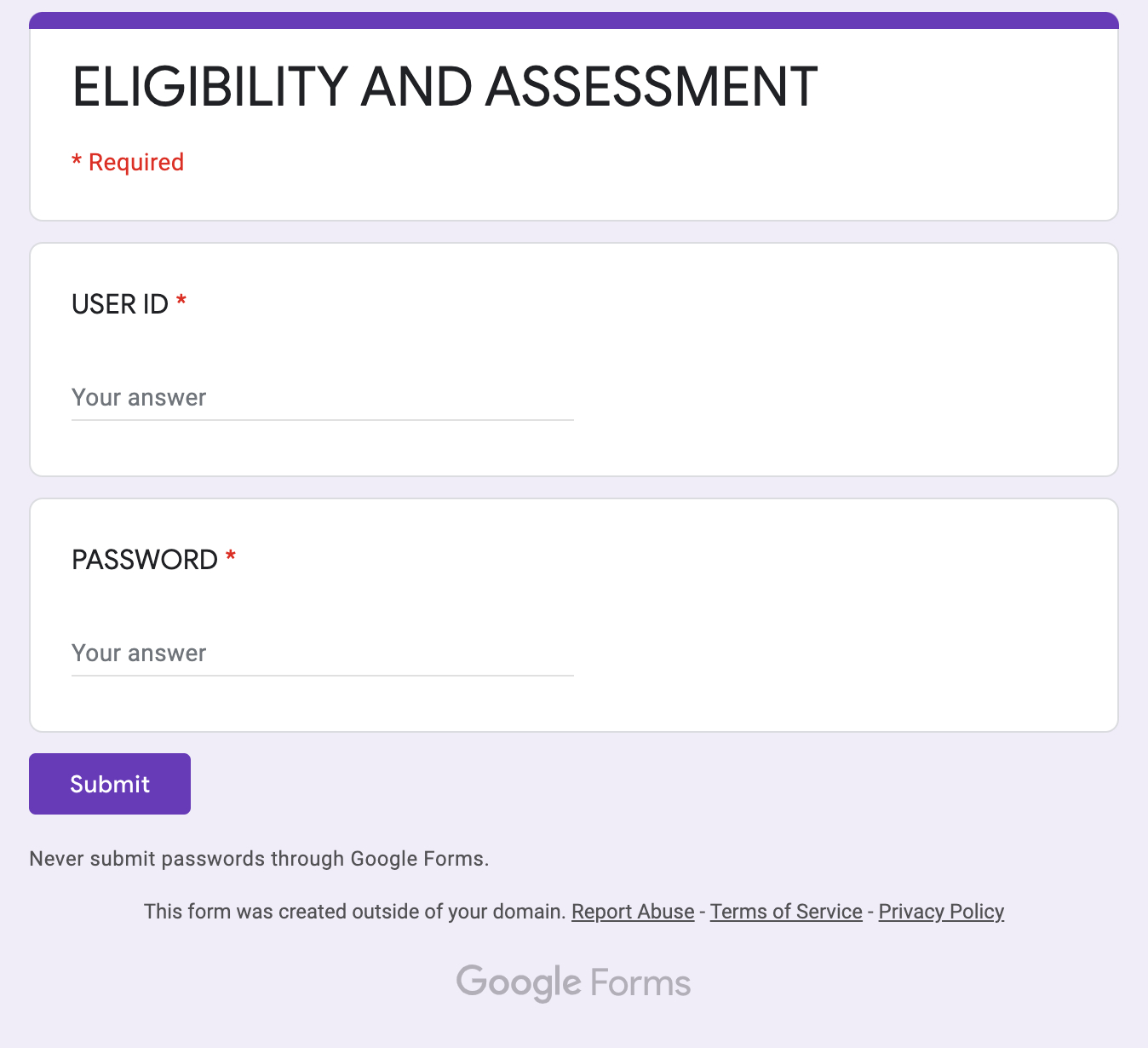A community member reported a new scam by telephone. The caller claimed they were from a pharmacy, and in partnership with Aetna, would provide over the counter medications mailed to their home for free. The caller had the individual’s name, address, and date of birth.
Cyberattackers will take advantage of any opportunity to scam people in order to steal money. With the current public health emergency, there will be an increase in telephone, email, and website scams. Please be hyper-vigilant when answering calls, responding to emails, and clicking on links, especially from social media.
Here are some tips for spotting a phone scam:
- Ask what company the person is calling from
- If possible, put the person on hold and look up the phone number they are calling from on your computer
- If it’s a known company, offer to call them back on their verified number
- Any caller who asks for restricted information such as social security number, credit card number, family member’s names, personal address, or home phone is suspect
In this case the person who received the call offered to contact Aetna to verify that this was a valid offer. At that point the caller hung up the phone.
Please always report suspicious emails, phone calls, and even websites to catchoftheday@vassar.edu
Thank you all for your diligence and continued reporting!
